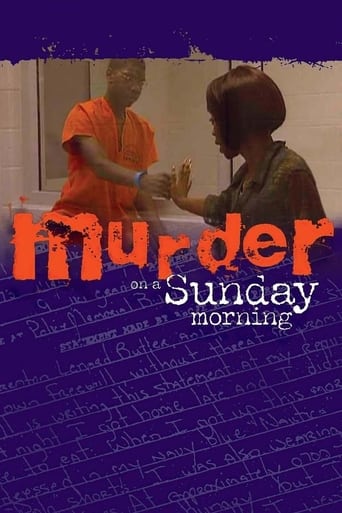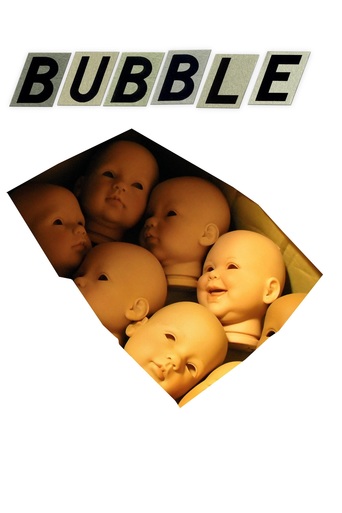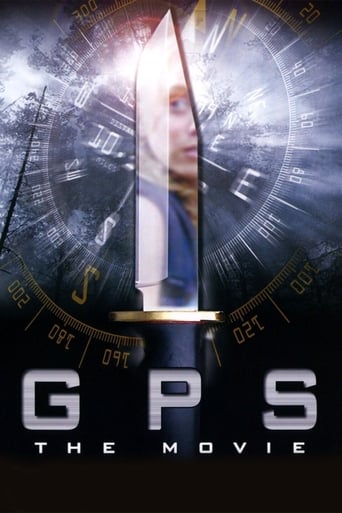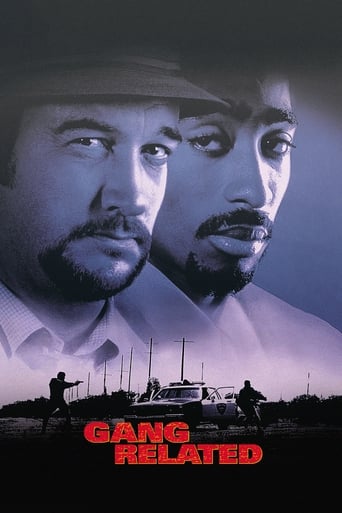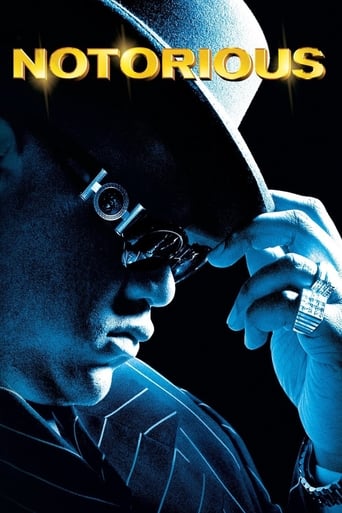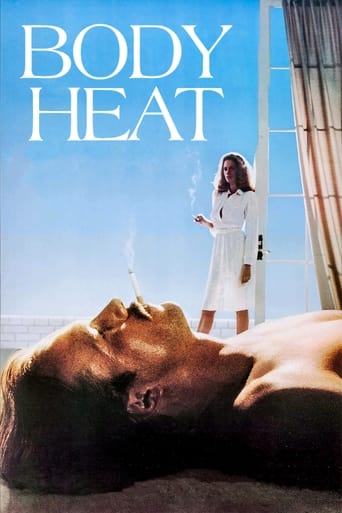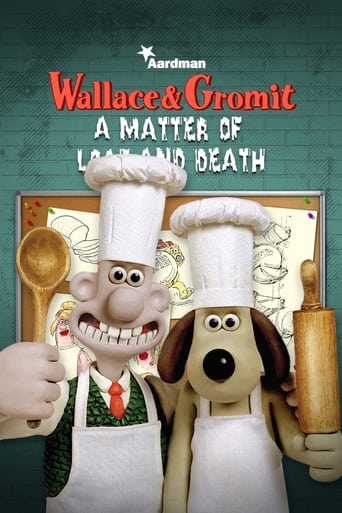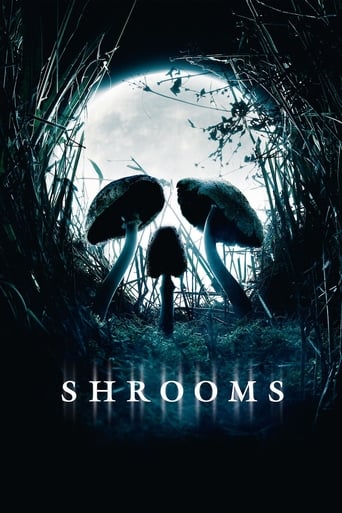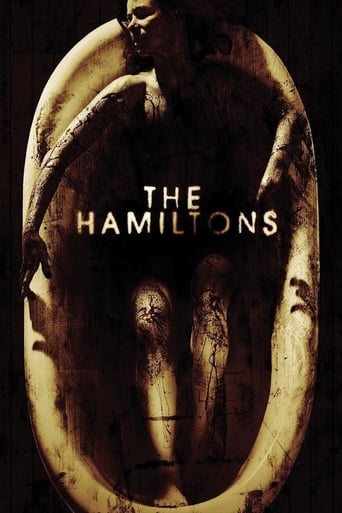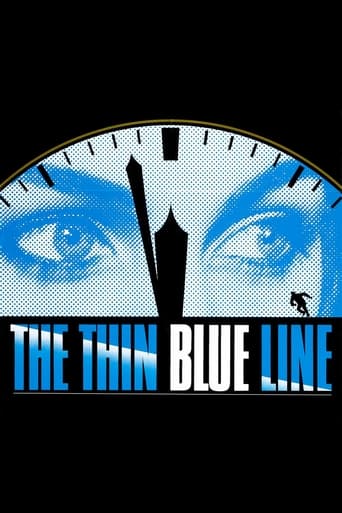Murder on a Sunday Morning (2001)
2001 French documentary about the murder trial of a 15 year old black teen accused of murder in Jacksonville, Florida. Winner of 2002 Academy Award for Best Documentary.
Watch Trailer
Cast


Similar titles
Reviews
Good movie, but best of all time? Hardly . . .
There's no way I can possibly love it entirely but I just think its ridiculously bad, but enjoyable at the same time.
The movie turns out to be a little better than the average. Starting from a romantic formula often seen in the cinema, it ends in the most predictable (and somewhat bland) way.
The movie's not perfect, but it sticks the landing of its message. It was engaging - thrilling at times - and I personally thought it was a great time.
"I began to feel that the drama of the truth is far richer and more interesting than the drama of Hollywood movies. So I began looking at documentary films." - Ken BurnsJean-Xavier de Lestrade's "Murder on a Sunday Morning" is a powerful documentary which focuses on the wrongful arrest of Brendon Butler, a fifteen year old African American kid from Jacksonville, Florida.The documentary watches as various authority figures rush to pass judgement on young Brendon, falsifying evidence, manipulating the kid and wrongly charging him with the murder of Mary Ann Stephens, a 65-year-old tourist from Georgia.Much of the documentary focuses on public defender Pat McGuinness, a figure seemingly straight out of a John Grisham novel. A chain-smoking, whisky drinking, hard-working, lone-wolf attorney, McGuinness seizes upon this miscarriage of justice like a rabid hyena, dazzling us with his quiet determination and subtle tactics (watch how he ingratiates himself with the police force, only to sucker information out of them).Because Lestrade's camera crew is given access to seemingly every nook and cranny of this case, the film branches off into several interesting directions. For example, the film examines the way the police, anxious not to damage the local tourist trade, frantically rushed to close the case. Under pressure to find the murderer as soon as possible, the cops then plucked Brendon (who at the time of his arrest was en route to a job interview) randomly off the streets, simply because he was a young black man.The film touches upon racial profiling and stereotyping, but complicates things when it is revealed that the detective who intimidated and physically beat up Brendon was himself an African American. The film then gradually reveals how the police used strong-arm tactics to coerce witnesses and unlawfully squeeze a guilty verdict out of the distraught kid.What's really great about the film, though, is the Butler family. A tightly knit group of black Christians, they quietly rally behind their son, who himself comes across as a rather soft spoken, bespectacled, kind-hearted kid. The film presents a very endearing view of this family unit, contrasting their religious faith with the cold, logic-driven style of Pat McGuinness. Many of the film's greatest moments simply involve the family praying together or sitting anxiously in the courtroom while their little boy is tried for murder. When the camera lingers on them, always in a state of extreme anxiety, it's hard not to empathise with their plight.Mostly, though, documentaries like this are powerful in the way they capture a "realism" impossible in fictional cinema. Every line of dialogue here, every gesture, every emotion, is infinitely more powerful precisely because it is genuine. You cannot ever "simulate" or "act" in such a way as to reproduce this (which is why the opposite approach is often utilised by cinema's most profound directors, who favour an abstract, metaphysical tone). When a craggy looking female lawyer stands before a courtroom and interrogates a nervous looking police officer, it is emotionally charged and sociologically interesting in a way that you simple can not find in any other art-form or medium. Every mannerism, every tick, gesture, habit or bit of clothing, takes on a whole new level of interest. These aren't design or stylistic choices we're asked to witness, but the actions and decisions – both grand and small – of real human beings.Many buzz words can be used to describe "Murder on a Sunday Morning" – a tale of faith, power abuse, the importance of integrity, the dangers of large systems and the benefits of their various checks and balances – but mostly the film works because it's scary, the warmth of the Butler family juxtaposed to the cold sterility of wood panelled public courtrooms. Like a hospital waiting room, the film takes us to that space of terror where the domestic and the public intersect. That place where one's fate is placed entirely in another's hands, the family unit taken out of its comfort zone and placed at the mercy of a monstrous bureaucracy whose various rituals are seen to be cold, dispassionate and wholly terrifying. The monster of this film is thus bureaucracy itself, whose invisible hands influence all, through targets, deadlines and a hunger for met statistics.9/10 - See "The Staircase", "Century of Self", "Paradise Lost 1 and 2", "The Thin Blue Line", "Capturing The Friedmans" and anything by Frederick Wiseman. Aside from "The Wire", cinema hasn't really been able to capture the tempo of the criminal justice system as well as the best works in documentary cinema. Worth two viewings.
Hollywood could not have written this story. Thank God fordocumentaries! This story is the frightening tale of a young, unassmuingblack teenager who is wrongfully accused the murder of an elderly whitefemale tourist. The police are arrogant, corrupt and shameless. The prosecutor seemedalmost non-chalant in her pursuit of the facts and the husband of thevictim was a victim of his own grief and bias. The heroes are the family of the accused and the defense attorney. Thefilmmaker was so priveledged to be allowed into the home and church ofthe young man's family. The warmth of scenes in the family's church werewell juxtaposed with the sterile wood paneled cortroom. This film shouldbe required viewing at every police academy in the
This is a fascinating documentary about a 15 year old black lad who is accused of murdering a tourist in Florida and the subsiquent court case that follows. What this film shows is how corrupt the American police system is and how easy it can really be to convict an innocent man and how a senile old fool who thinks one black man looks very much like another and sod it if he rots in jail because i said he was the man who murdered my wife.The star is the defence lawyer who is brilliant at not only his job in court but he also did he what the police should have done all along. Fascinating stuff. 7 out of 10.
I don't need to say much about how good this documentary is--it's truly an amazing piece of true narrative. The story is simple enough: a white senior citizen tourist is murdered by a young black man in Florida, and the boy who is arrested is mistreated and put on trial with only the public defender and his family on his side. It's very enthralling, and the public defender is a joy to watch in all his human ways--you can't help but pull for the triumph of justice, and the ending fulfills more than could be expected of a true story.It's a shame more people haven't seen this documentary, but hopefully you will find a way to watch it. For those interested in race relations in the United States, and the actual workings of law enforcement and the legal process, it's well worth your time and effort to find this documentary. I give it a 10.

